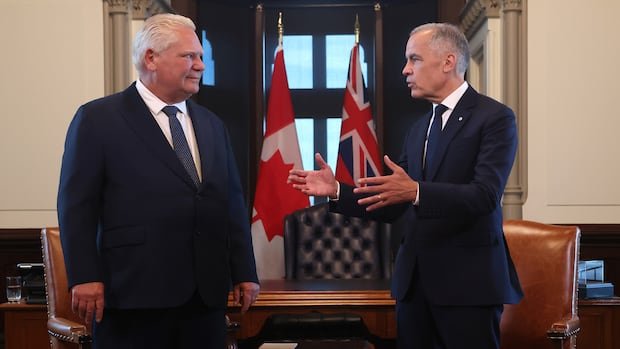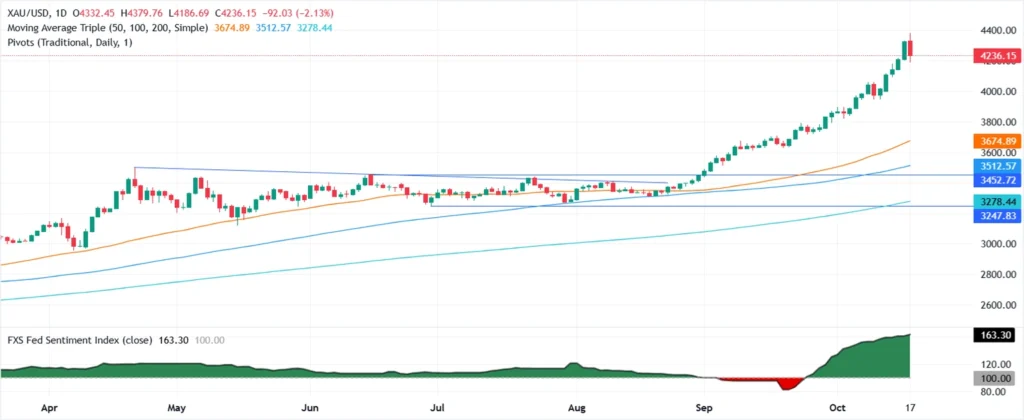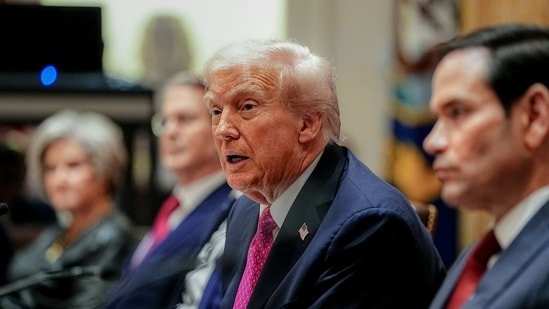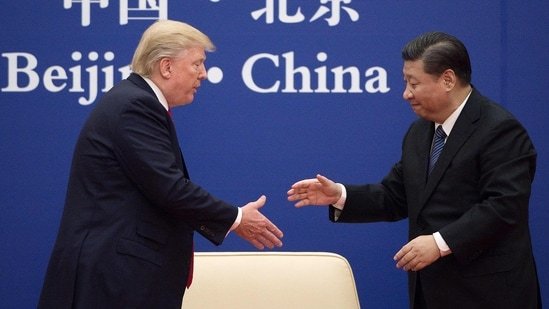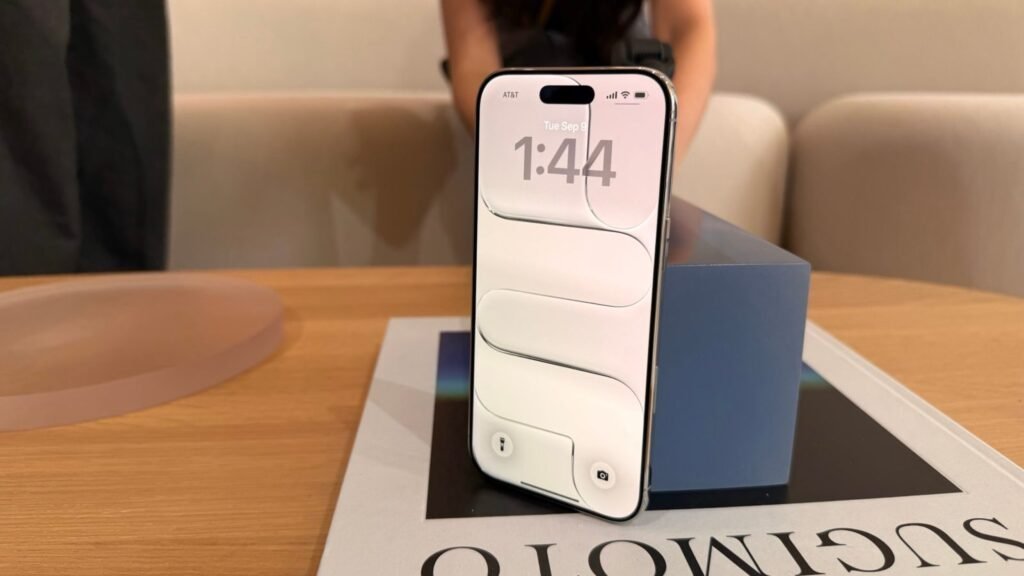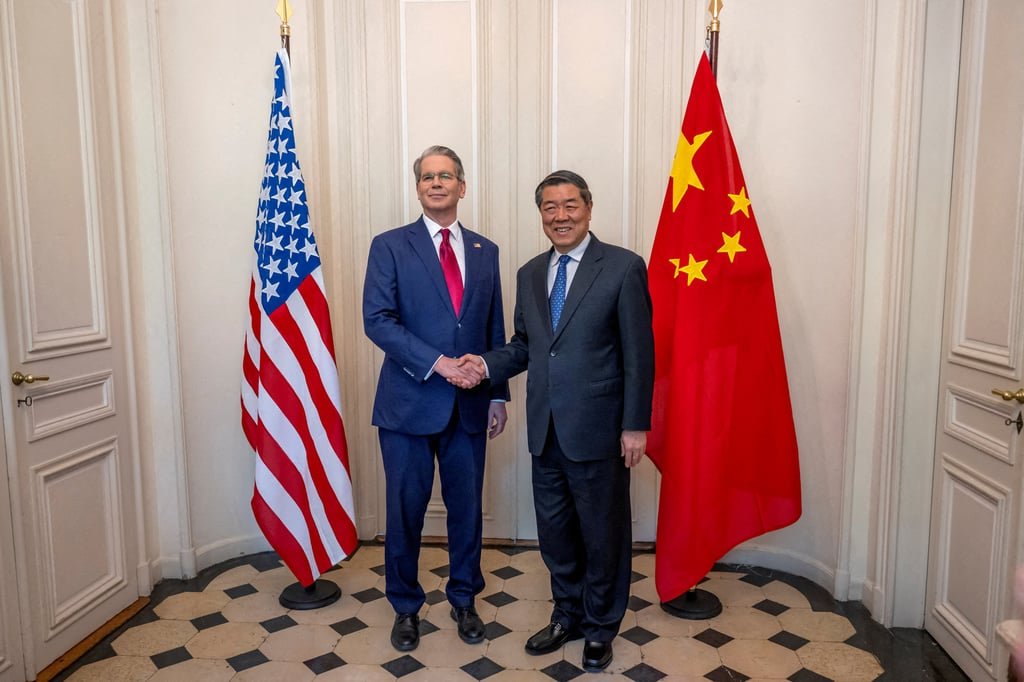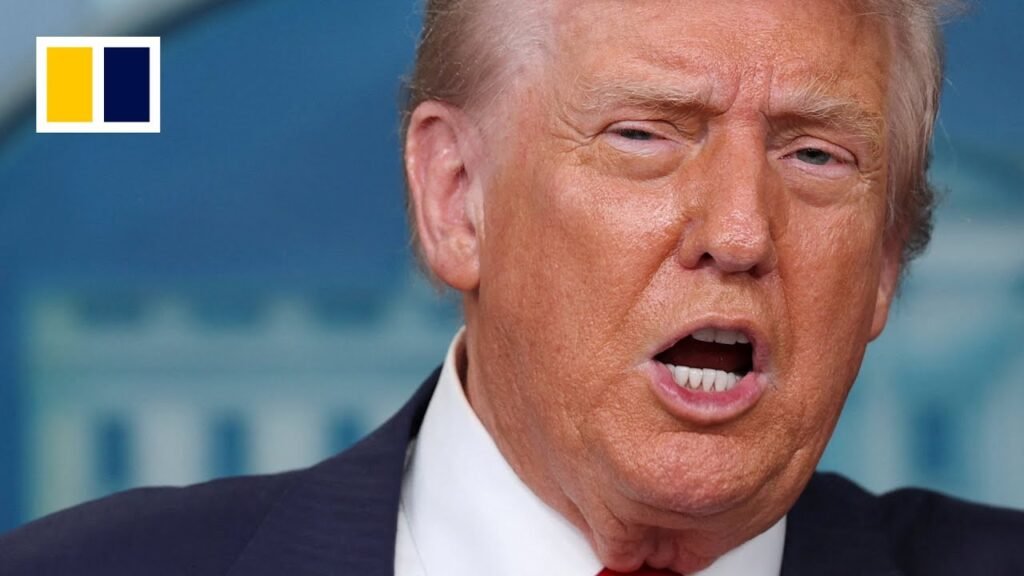Tessa WongAsia Digital Reporter

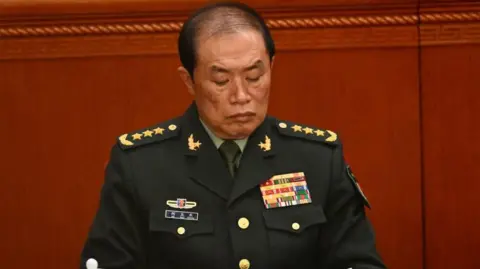 AFP via Getty Images
AFP via Getty ImagesThe Chinese Communist Party has expelled nine top generals in one of its largest public crackdowns on the military in decades.
Nine men were suspected of serious financial crimes, a statement released by China’s defence ministry said.
Most of them were three-star generals and part of the party’s decision-making Central Committee. They have also been expelled from the military.
While the statement cast the expulsion as part of an anti-corruption drive, analysts say it could also be seen as a political purge. It comes on the eve of the party’s plenum where the Central Committee will discuss the country’s economic development plan and vote in new members.
The nine officials are:
- He Weidong – Vice-chairman of the Central Military Commission (CMC)
- Miao Hua – director of the CMC’s political work department
- He Hongjun – executive deputy director of the CMC’s political work department
- Wang Xiubin – executive deputy director of the CMC’s joint operations command centre
- Lin Xiangyang – Eastern Theatre commander
- Qin Shutong – the Army’s political commissar
- Yuan Huazhi – the Navy’s political commissar
- Wang Houbin – Rocket Forces commander
- Wang Chunning – Armed Police Force commander
Of these nine, He Weidong was considered the most prominent as the second highest ranking official in China’s military, after President Xi Jinping who is the chairman of the CMC.
He Weidong was last seen in March, and his long absence from public view fuelled speculation that he was under investigation as part of a purge of the military’s top brass.
He was also part of the Politburo, the Communist Party’s apex decision-making body, making him the first Politburo serving member to be investigated.
The defence ministry statement said that the nine men had “seriously violated party discipline and were suspected of serious duty-related crimes involving an extremely large amount of money, of extremely serious nature, and with extremely detrimental consequences”.
It added that the men now face military prosecution, and said their punishment was a “significant achievement in the party and military’s anti-corruption campaign”.
The CMC has signalled for months it would conduct a crackdown, issuing new guidelines in July calling for the elimination of “toxic influence” in the military and listing out “iron rules” for cadres.
The crackdown follows smaller-scale public purges of other military officials in recent years, including former defence ministers Wei Fenghe and Li Shangfu.
Top generals within the Rocket Forces were also removed. One of their replacements was Wang Houbin – one of the nine officials now expelled from the party.
Civilian office-holders have also not been spared, most notably with the disappearance of foreign minister Qin Gang in 2023. The man who was then tipped to replace him, Liu Jianchao, has not been seen since July.

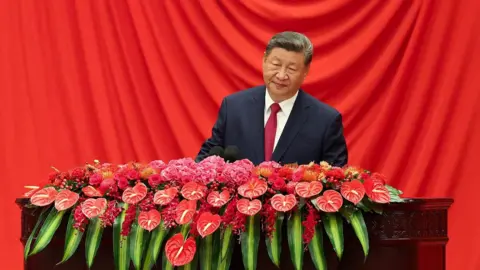 Reuters
ReutersNeil Thomas, a fellow in Chinese politics at the Asia Society Policy Institute, told BBC Chinese that Xi’s purges are meant to project strength.
“In his view, cutting out corrupt or disloyal cadres is the Party’s ‘self-revolution’ to become a clean, disciplined, and effective organisation that is capable of ruling indefinitely.”
But, he noted, purges can also chill initiative and make governance more rigid. “This is the price of Xi’s power: the system gets cleaner and more obedient, but also more cautious—and at times, more brittle.”
Many will now be watching to see who attends the upcoming Fourth Plenum due to begin on 20 October. “If attendance plunges, it’s the clearest public signal yet of how extensive the purges have been,” said Thomas.
Additional reporting by Ian Tang of BBC Monitoring.

